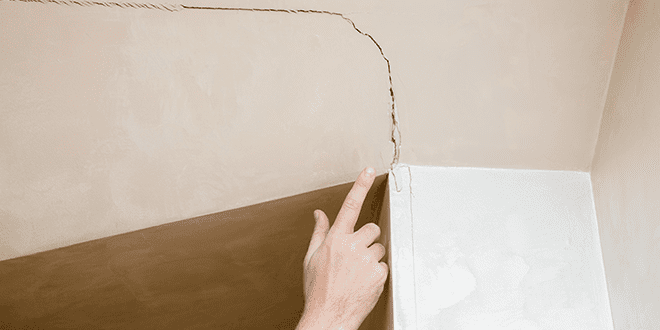Before an analysis of the merits of a construction or design defect claim is performed, it is important to ensure that there is a full understanding of the role and responsibilities of the insured (and other trades involved), as well as the operative documents involved in the project. Below are some, but not all, of the items that may be considered when conducting a preliminary evaluation of a construction defect claim.
Information Gathering: This may include the following: (1) Requesting from the insured any correspondence, contracts, subcontracts, invoices, plans, drawings, change orders and photographs from the beginning to the end of the project; (2) Identifying current and former employees who worked on the project, including their project responsibilities; (3) Establishing a main contact person for the insured; and (4) Sending out preservation letters to obtain communications on personal electronic devices and/or on-site construction surveillance video systems.
Identifying the scope of services for the insured: Identifying the scope of services for the insured is vital in developing liability defenses.
Identifying the scope of work for other parties involved: Understanding the scope of work of other parties involved in the project and the claim will enable you to determine who was acting within their contracted scope and who was not. This analysis will also shed light on who may have additional liability or complete liability other than the insured.
Duty to defend and indemnity considerations: The contract documents should be reviewed to determine if the insured is required to indemnify or defend other parties on the project. Also, the insurance policies applicable to the claim may have terms under which the insured is named as an additional insured on another party’s insurance policy (or vice versa).
Issuing Reservation of Rights correspondence: An initial investigation may lead to the conclusion that there is no coverage under the policy. When initially agreeing to accept the tender of a new claim, it is important to advise the insured that such acceptance is subject to a reservation of rights to withdraw acceptance of the defense based upon newly discovered facts that result in a change of analysis.
Retaining expert witnesses: Construction defect litigation is heavily driven by expert testimony. So, it is important to have a competent expert witness, who can provide expert testimony as to whether a claimed defect can be attributed to the insured.
Phone:(214) 310-1491
- 6401 Eldorado Parkway, Suite 330 McKinney, Texas 75070

